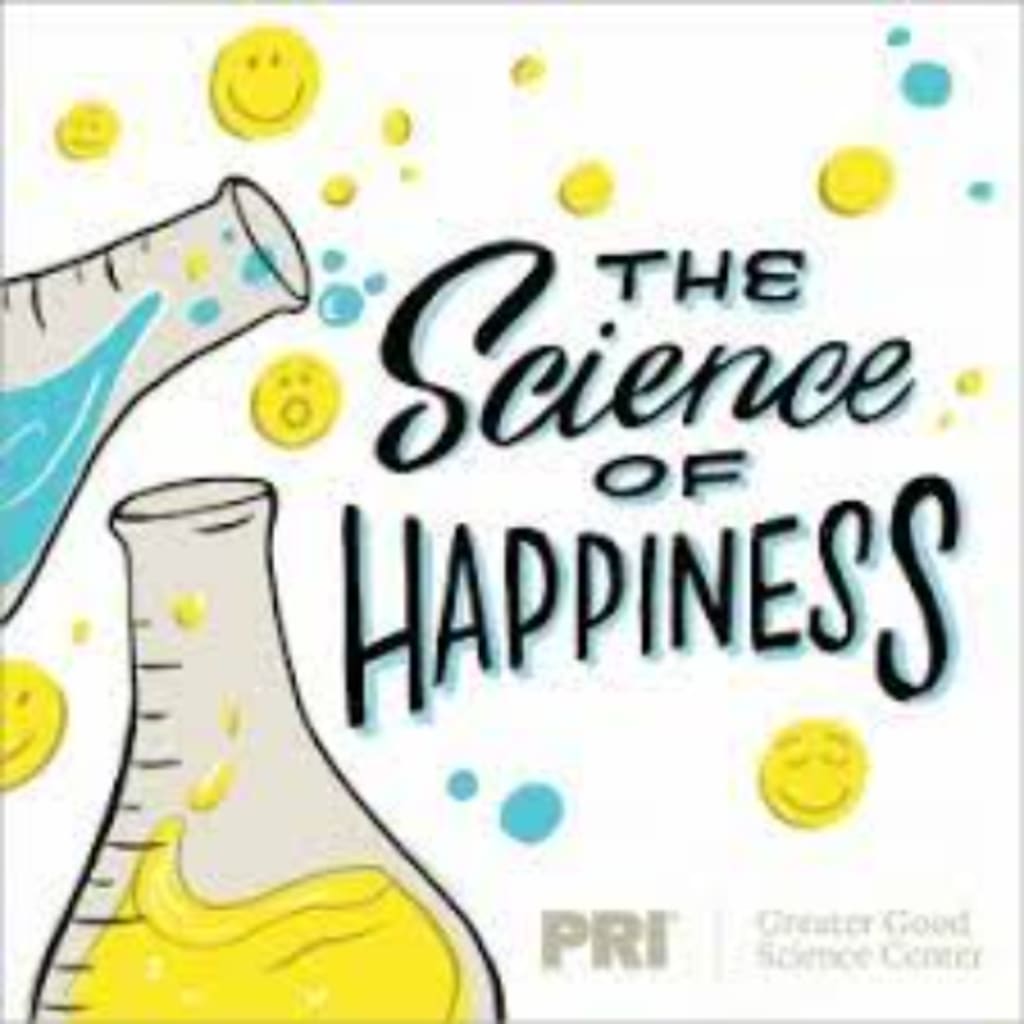The Science of Happiness
Uncovering The Secrets to a Fulfilling Life

Happiness, a universal pursuit, has captivated humanity for centuries. What exactly is happiness, and how can we attain it? The emerging field of positive psychology has delved into these questions, uncovering the science behind happiness and providing insights into how we can lead more fulfilling lives. In this article, we will explore the science of happiness, examining its definition, the factors that contribute to it, and evidence-based strategies for cultivating happiness.
Defining Happiness:
Happiness is a complex and multifaceted concept that encompasses subjective well-being, positive emotions, and life satisfaction. It goes beyond fleeting moments of joy and encompasses a deep sense of contentment and fulfillment. In the past, happiness was often seen as an elusive state dependent on external circumstances such as wealth, success, or material possessions. However, scientific research has revealed that happiness is influenced by a combination of genetic, environmental, and personal factors.
The Factors of Happiness:
Genetic Predisposition: Studies have shown that our genetics contribute to approximately 50% of our happiness levels. Some individuals may naturally possess a more optimistic or resilient disposition, making it easier for them to experience happiness. However, this genetic predisposition does not determine our entire happiness potential.
Circumstances: Surprisingly, external circumstances, such as income, social status, or age, play a relatively small role in our overall happiness. While these factors can influence our happiness temporarily, the "hedonic treadmill" phenomenon suggests that we quickly adapt to new circumstances, returning to our baseline level of happiness.
Intentional Activities: The remaining 40% of our happiness is within our control, and it can be cultivated through intentional activities and practices. This finding provides hope that happiness is not solely determined by external forces but can be influenced by our thoughts, actions, and behaviors.
Strategies for Cultivating Happiness:
Based on the research conducted in the field of positive psychology, several evidence-based strategies can help cultivate happiness:
Gratitude: Practicing gratitude involves consciously focusing on and appreciating the positive aspects of our lives. By regularly expressing gratitude, either through journaling or verbal expressions, we train our minds to notice and savor the good, leading to increased happiness and well-being.
Positive Relationships: Building and nurturing strong social connections is essential for happiness. Positive relationships provide support, love, and a sense of belonging, contributing significantly to our well-being. Investing time and effort into cultivating meaningful relationships with friends, family, and community can enhance our happiness levels.
Flow and Engagement: Experiencing moments of "flow" occurs when we are fully immersed in an activity that challenges our skills and provides a sense of purpose. These moments, often associated with intense focus and enjoyment, can lead to increased happiness and a sense of fulfillment. Engaging in activities that bring us joy and captivate our attention can help cultivate these flow experiences.
Acts of Kindness: Engaging in acts of kindness and pro-social behavior not only benefits others but also enhances our own well-being. Studies have shown that performing acts of kindness, whether small or significant, boosts happiness levels and fosters a sense of connection and compassion towards others.
Mindfulness and Meditation: Practicing mindfulness involves cultivating present-moment awareness and non-judgmental acceptance of our thoughts and emotions. Mindfulness-based practices, such as meditation, have been found to reduce stress, enhance well-being, and promote happiness.
Personal Growth: Pursuing personal growth and development goals can contribute significantly to happiness. Setting meaningful goals aligned with our values and passions, and continuously striving for self-improvement, fosters a sense of purpose and achievement, leading to greater overall satisfaction with life.
Conclusion:
The science of happiness provides valuable insights into the factors that contribute to our well-being and offers evidence-based strategies for cultivating happiness in our lives. While genetics and circumstances play a role, a significant portion of our happiness is under our control. By intentionally practicing gratitude, nurturing positive relationships, seeking flow experiences, engaging in acts of kindness, embracing mindfulness, and pursuing personal growth, we can unlock the secrets to a more fulfilling and happier life. Happiness is not a destination but a journey, and by integrating these practices into our daily lives, we can cultivate a sustainable and lasting sense of happiness and well-being.





Comments
There are no comments for this story
Be the first to respond and start the conversation.